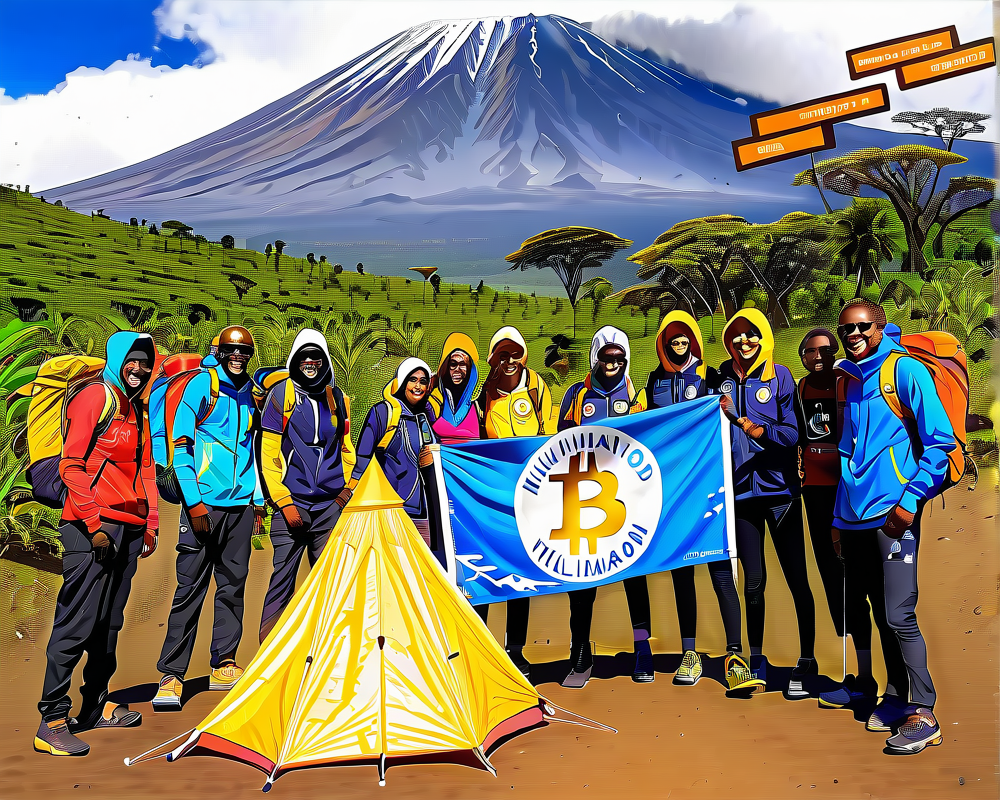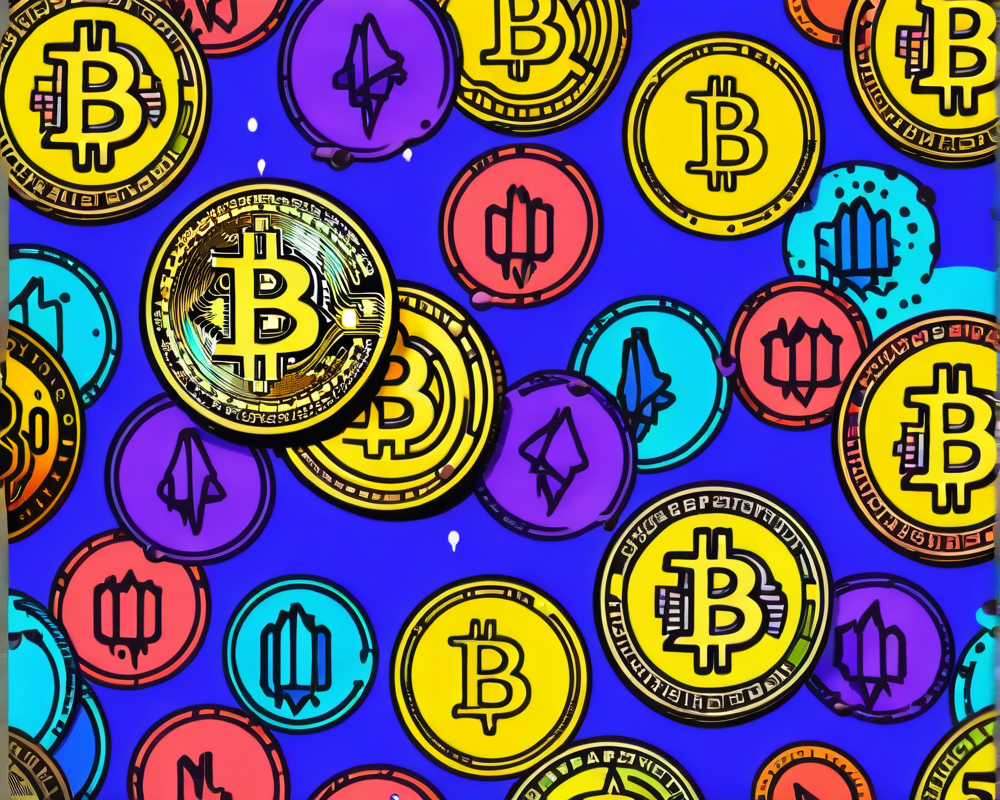Scaling New Heights with Bitcoin
In a surprising twist that could make even the most seasoned mountaineers raise an eyebrow, a Bitcoin educator from Tanzania took it to the next level—literally—by climbing Africa’s highest peak, Kilimanjaro. But here’s the kicker: he funded the entire expedition using Bitcoin and donations through a lesser-known platform called Nostr. Talk about starting from the ground up!
The Financial Backbone: Bitcoin Crowdfunding
Meet Kweks (not his real name), a passionate advocate for Bitcoin and the brain behind the newly launched “Proof of Work Academy” (POWA) in Tanzania. To finance his Kilimanjaro adventure, Kweks managed to crowdsource more than $1,700 in Bitcoin, which is roughly equivalent to 0.0018 BTC. Who knew that a thirst for knowledge could climb so high?
Bitcoin Basics: Sats and Beyond
For the uninitiated, this funding came in the form of satoshis—let’s just say it’s the pocket change of Bitcoin, with a whopping 100 million of these tiny units making up a single BTC. His campaign garnered support from Bitcoin enthusiasts around the globe, thanks to platforms like Geyser Fund and the Bitcoin Lightning Network, which facilitated seamless donations.
Educational Aspirations on the Summit
With a giant Nostr flag fluttering in the wind, Kweks documented his epic ascent, sharing updates through a myriad of social media channels like X, Nostr, and WhatsApp. His goal? To use this hike as a real-world case study in Bitcoin education. “I thought it would be a great way to show what Bitcoin can do and introduce it to new faces,” Kweks explained. An educational Everest, if you will!
The Local Perspective: Bitcoin and Barter Systems
While Bitcoin’s global nature is well known, its local implications can be perplexing. Kweks faced common queries throughout his climb, with curious locals asking, “What is Bitcoin?” Despite the increasing interest, Tanzania still grapples with challenges when it comes to converting Bitcoin into local currency. Major exchanges like Coinbase and Kraken might as well be from another galaxy when you consider the barriers they pose.
Inflation and Everyday Life
The average Tanzanian sees Bitcoin a bit differently, often tied to their daily lives rather than as a speculative asset. “When I arrived in Tanzania ten years ago, $1 was 1,500 Tanzanian shillings; today it’s about 2,600,” Kweks mentioned. Those numbers don’t lie—his fellow citizens are more attuned to the rising costs of bread and fuel than they’d like to admit.
Conclusion: The Journey Continues
What’s important here is the ongoing conversation about Bitcoin and its potential role in Tanzania’s economy. Kweks’ efforts through POWA aim to demystify Bitcoin and offer free educational classes to locals. “It’s about understanding how Bitcoin can be a useful tool in their lives,” he finishes. In the end, it’s not just about reaching the summit; it’s about how many minds you can lift along the way.




